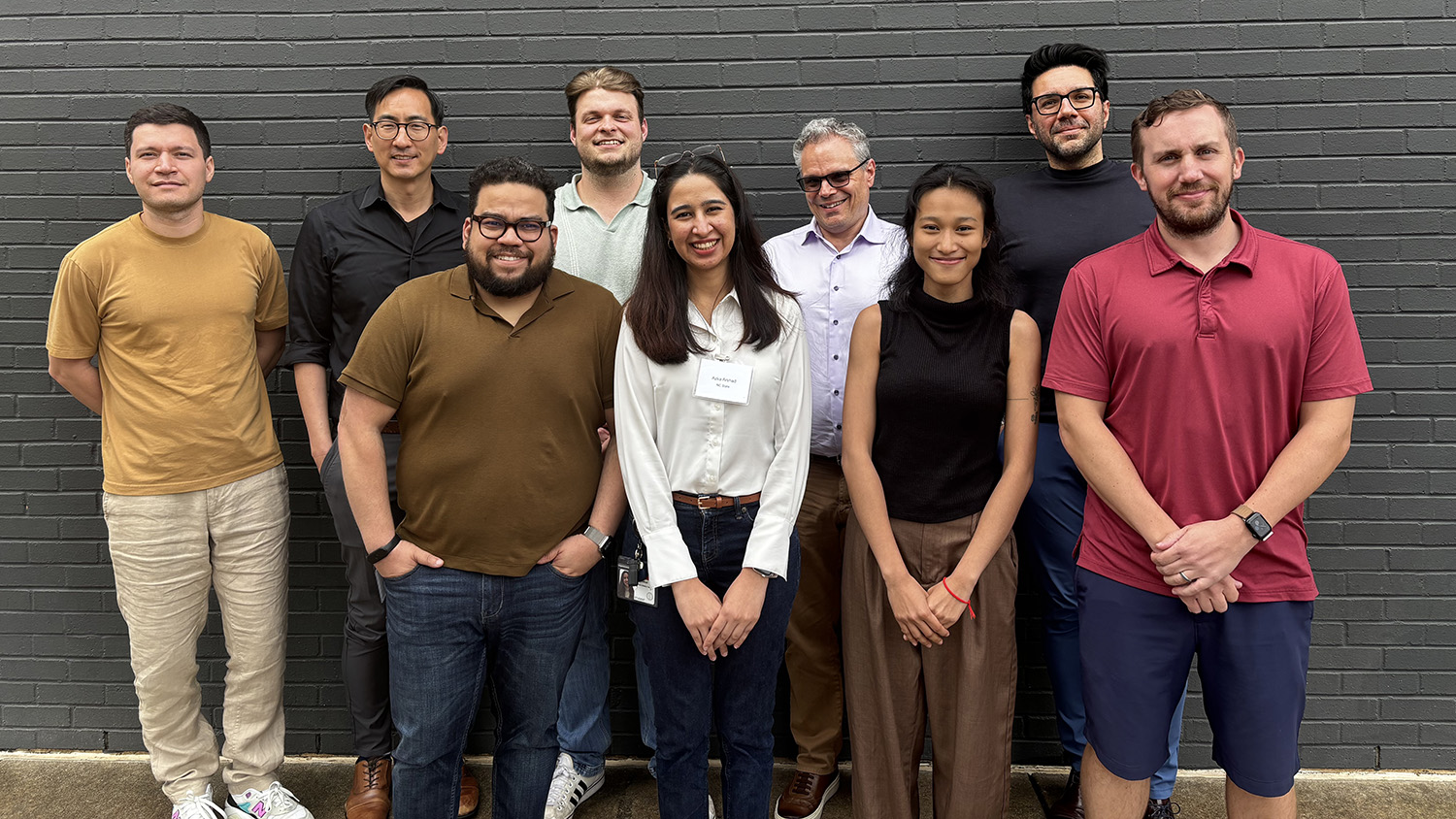Pack Hacks for Faculty: Engaging Students in Online Learning

Welcome back to Pack Hacks for Faculty. Each month, a member of the NC State faculty will provide quick tips, advice and other insight to facilitate your teaching, research, scholarship or engagement activities. If you are interested in making a submission for a future Pack Hacks for Faculty, please review our submission guidelines and contact provost-communications@ncsu.edu if you have questions.
This month, Kim Allen, director of graduate programs, associate professor and extension specialist in the Department of Youth, Family and Community Sciences, and Angela Smith, teaching associate professor and coordinator of college counseling and the student development program in the Department of Educational Leadership, Policy and Human Development, give insight into keeping students engaged in online learning.
Engaging Students in Online Learning

 Online learning provides a unique avenue for students to advance their education and connect with faculty regardless of their location. Courses are often a great fit for nontraditional students, or any student who wants to get a well-rounded education. To make online learning work, it is imperative to keep students engaged — with faculty and with one another. Here are some ways you can make that happen.
Online learning provides a unique avenue for students to advance their education and connect with faculty regardless of their location. Courses are often a great fit for nontraditional students, or any student who wants to get a well-rounded education. To make online learning work, it is imperative to keep students engaged — with faculty and with one another. Here are some ways you can make that happen.
Flexibility Is Key
Students enrolled in online courses often balance a variety of commitments — school, family, work and more — and need educational options that are both flexible and accessible. Consider structuring your course in a way that lets students move at their own pace and efficiently meet class deadlines and other life demands. In addition to traditional online learning platforms, consider utilizing synchronous technology (Zoom, for example) that allows students to “meet” with faculty and fellow students to discuss course content and get help with any issues. These types of live sessions allow for building authentic relationships even when people can’t be in the same physical location.
Bring Students Together
In addition to synchronous technology, there are other ways to bring students together to create a sense of belonging in an online class. Group work is always an option to encourage teamwork and open communication. Also consider project-based learning or integrating a service-learning component into your syllabus. When students engage in purposeful activities together, they create a shared vision and interest and form networks that are essential to course success and later in life. You can absolutely help students build relationships that work to solve some of society’s grand challenges this way.
Provide Options to Connect
Being able to form a connection with faculty is extremely important in facilitating online course success. Many of your students may need flexibility in regards to times that they are able to connect with you, so let them know before the course even starts that you are there to help. If students are local, face-to-face meetings may work best, but offering availability by phone, email or synchronous environments (Zoom, Google Hangouts, Blackboard Collaborate, etc.) helps build strong communication and rapport. Giving them some control over their education environment really does go a long way in keeping students engaged.
Be A Resource
From admission through course completion, be a resource on which your students can depend. Set a tone from the beginning that mutual communication, respect and responsiveness are valued. When you meet with students, ask them about potential barriers to success, and respond to any apprehensiveness about online learning and technology usage. It may be helpful to provide students with a welcome letter at the beginning of the course with information about what to expect, including how to access online learning environments, how to use available technology, and how to reach out if they are experiencing any issues. Get to know your students and their level of comfort with various aspects of online education.
Take Advantage of NC State’s Resources
NC State provides a wealth of resources to facilitate online course success, for faculty and students alike. DELTA can give you recommendations on constructing your courses and engaging with students based on current online education best practices. The Quality Matters program helps faculty with quality assurance for online courses to ensure student success. Additionally, the Office of Faculty Development provides a variety of resources for faculty teaching online courses.
Kim Allen is the director of graduate programs, associate professor and extension specialist in the Department of Youth, Family and Community Sciences in the College of Agriculture and Life Sciences. She is also the director of the Family Life and Youth Development Program. She can be reached at kiallen@ncsu.edu and is on Twitter at @drkimallen. Angela Smith is a teaching associate professor and coordinator of college counseling and the student development program in the Department of Educational Leadership, Policy and Human Development in the College of Education. She can be reached at angie_smith@ncsu.edu and is on Twitter at @ncsuangie.
- Categories:


